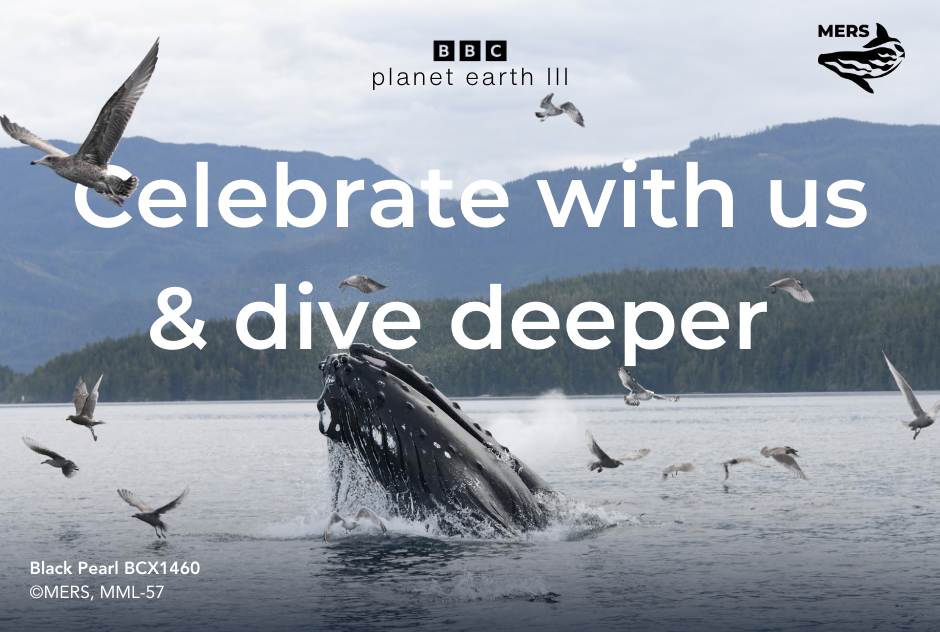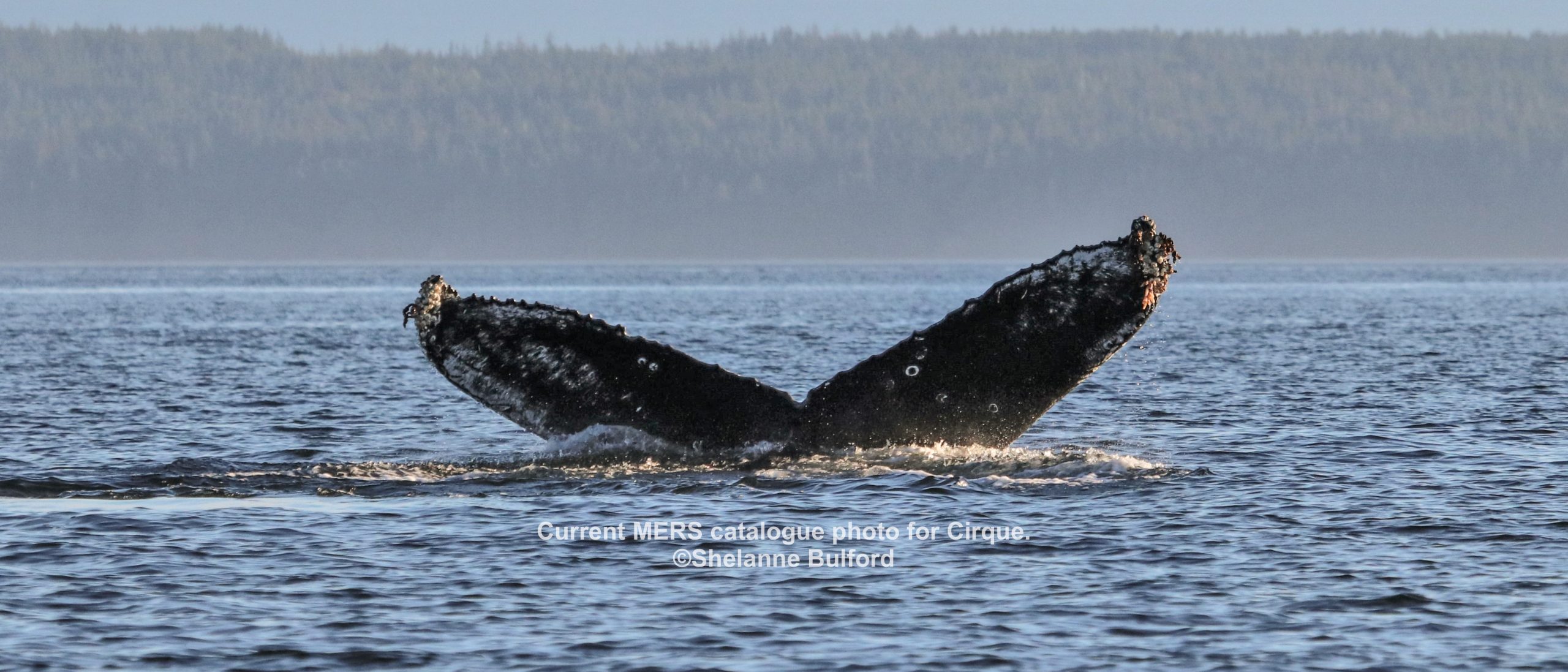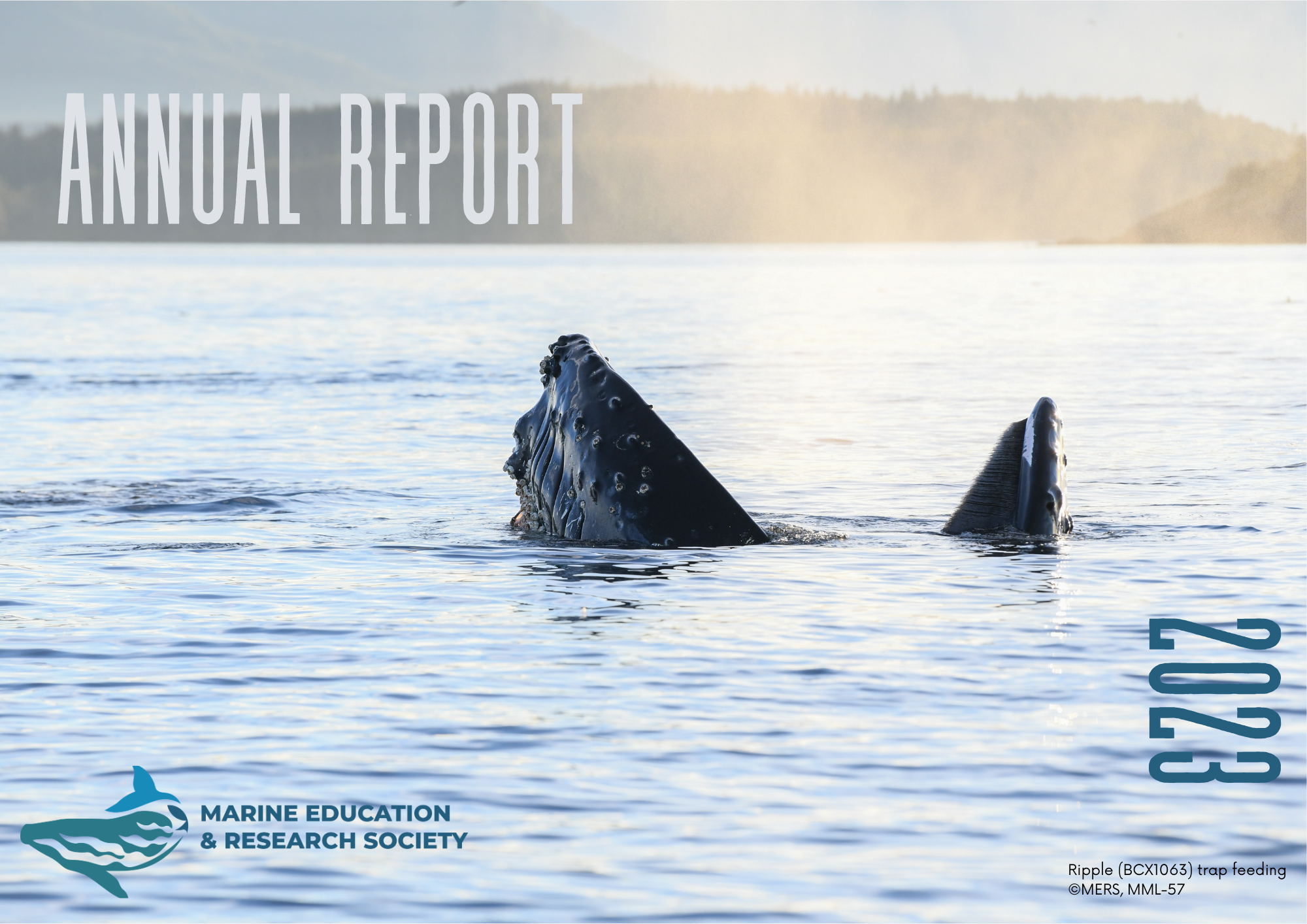[Update: August 30, 2023: Fourth known large vessel strike of a Humpback off the coast of BC between July 20, 2023 and: August 29, 2023. The latest vessel strike was by the BC Ferry, the Northern Expedition, in Fitz Hugh Sound.]
There have been three known large vessel strikes of whales off British Columbia’s coast between July 20 and July 29.
One dead Humpback Whale was found. There was no opportunity to know if this is from one of these collisions.
We were interviewed. Our comments are about increasing awareness. It’s about needing a culture of openness and learning that allows for the threat of collision to be reduced.
This is #ForTheWhales but also, regarding smaller vessels, it’s about boater safety.
There is such gratitude to all who insist on this – from those within federal government agencies, to First Nations, to colleague researchers and journalists, to those who dared make sure that the collisions were known.
The full article is at this link.
________________
Quotes from the article follow:
“Nobody ever wants to hit a whale,” Hildering stressed [Marine Education & Research Society]. “But it’s not acceptable to just accept [whale deaths] as collateral damage.
“There’s so much we can do, and the core of that is learning all we can about these accidents.”
________________
Any vessel that hits a whale must report it to the DFO. However, there’s no policy or protocol for vessels involved or DFO to relay information in a timely way to other groups that monitor whales — which are often operating in nearby waters and able to respond to incidents more quickly, Hildering said.
When research groups and First Nations guardian programs don’t get key information about the incidents when they happen, it’s a missed opportunity to capture data crucial to protecting whales into the future, she said.
____________
Shipping traffic and humpback whale populations are both on the rise — often in the same areas — escalating the risk of vessel strikes to humpbacks, the greatest threat to the species of special concern along with entanglements in fishing gear.
____________
Janie Wray, CEO of the North Coast Cetacean Society (BCWhales), agreed, noting the research team and the Gitga’at Guardians could have had boats on the water quickly to respond to the vessel strikes in the waters around Kitimat.
The research group and the Gitga’at Guardians were informed about a dead whale floating in nearby waters on July 30, but by the time they heard about it and responded, they couldn’t locate the mammal, Wray said.
Confirming and identifying a whale fatality also helps determine impacts on the local population and allows researchers to secure the carcass for DFO for a necropsy and analysis, she said.
Understanding other details like vessel speed, size, weather conditions and location of the strike are all important to determine hot spots of concern where whales and ships are most often coming into contact.
“Those are all parts of the equation, with the whole idea being to reduce the risk of vessel strikes to whales, especially in some areas along the coast where we know we have high populations,” she said.
____________
The most effective way to reduce the danger of collisions for humpbacks and other threatened whales is implementing shipping slow zones, or even steering clear of known hot spots of whale activity along the B.C. coast, says Hussein Alidina WWF-Canada



